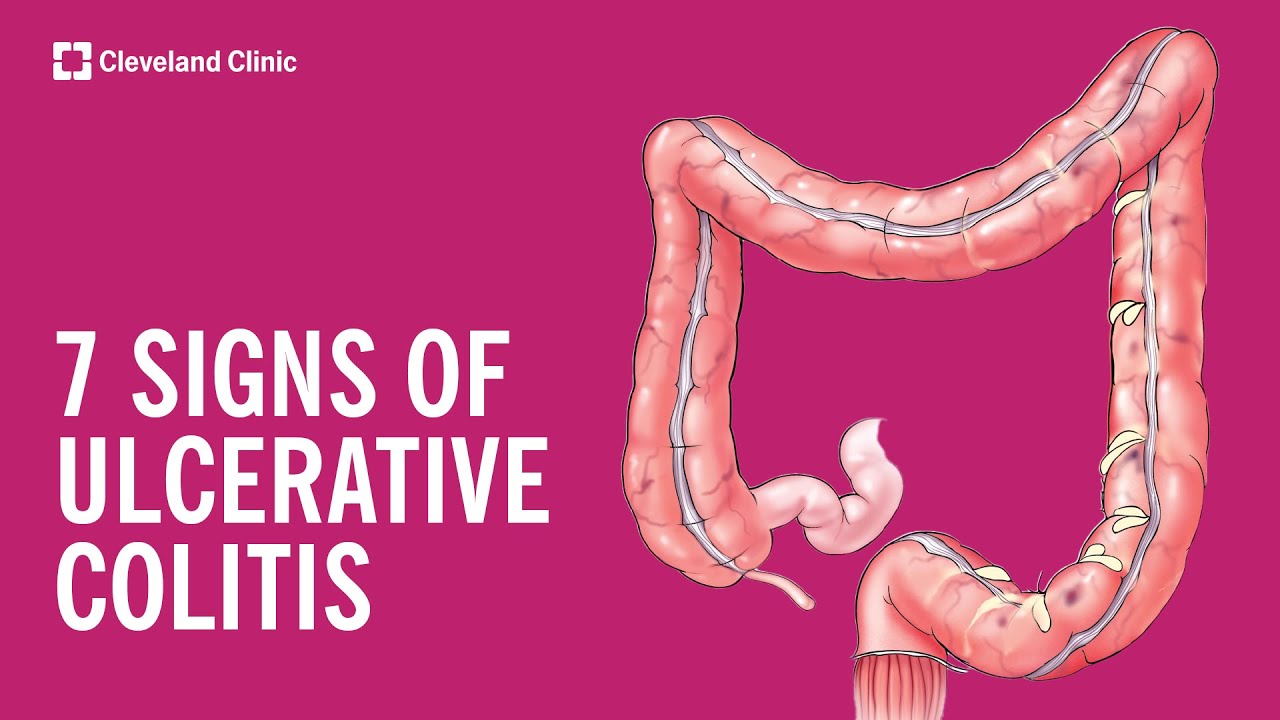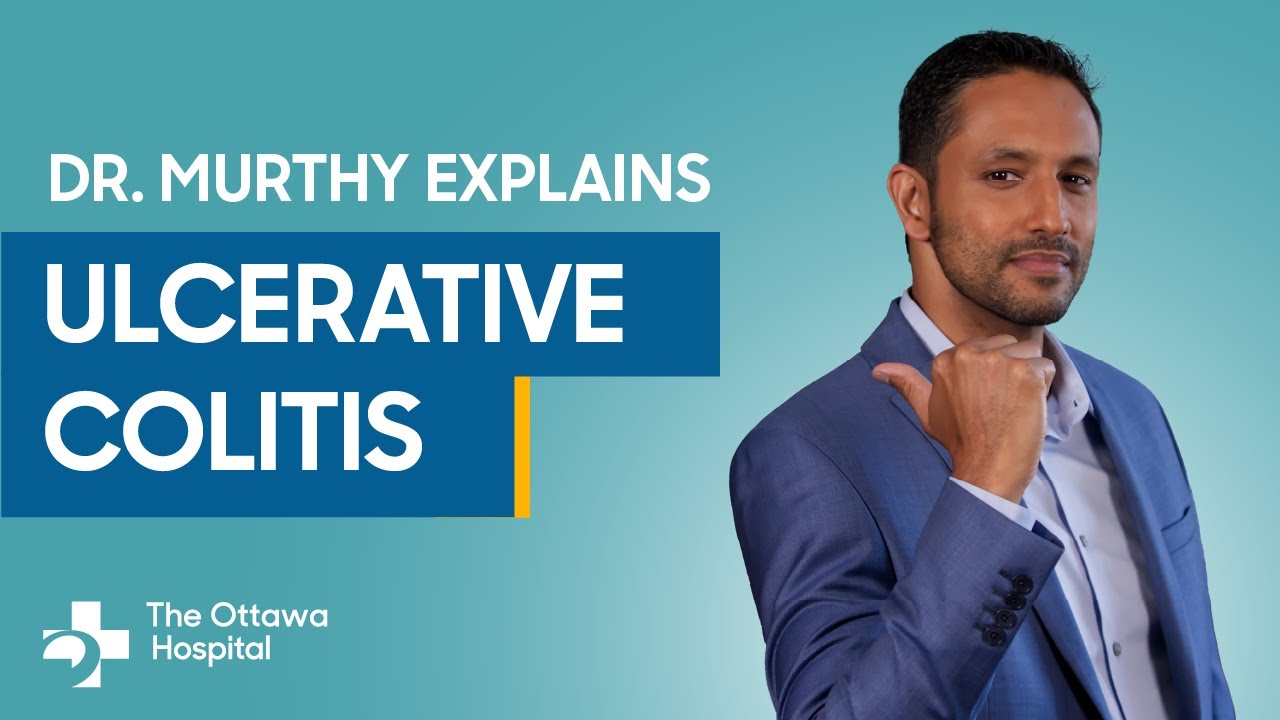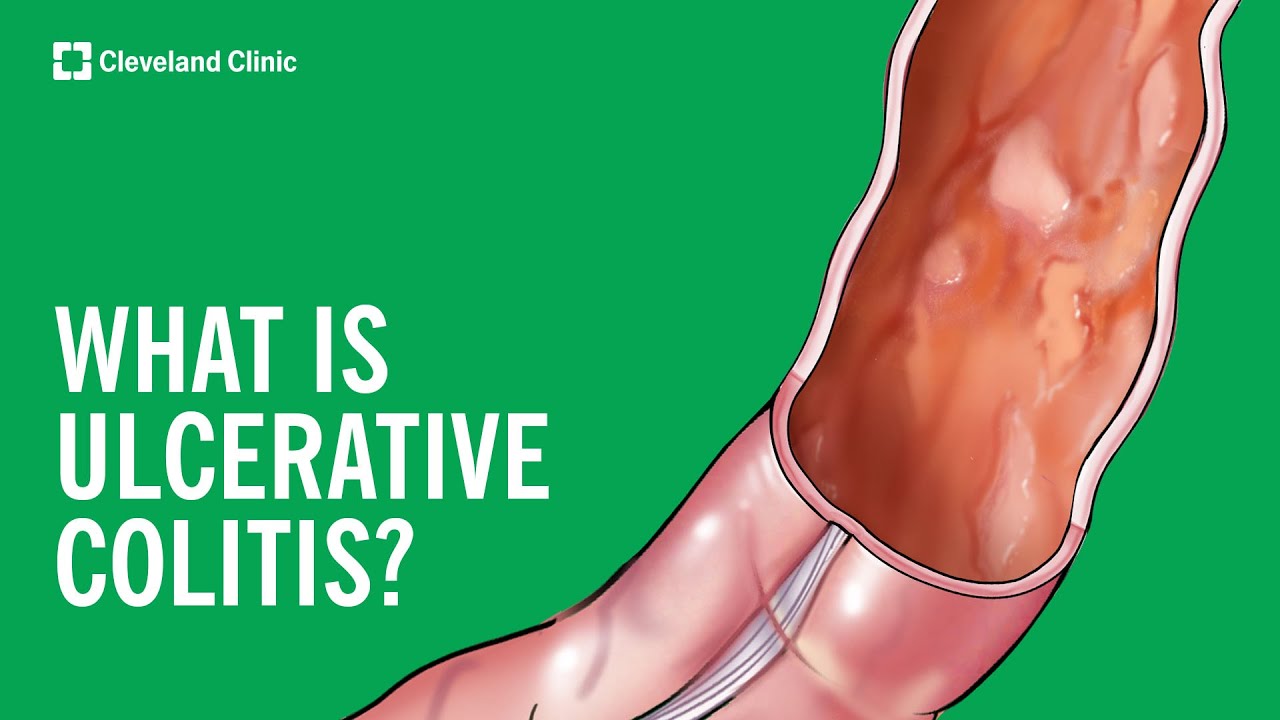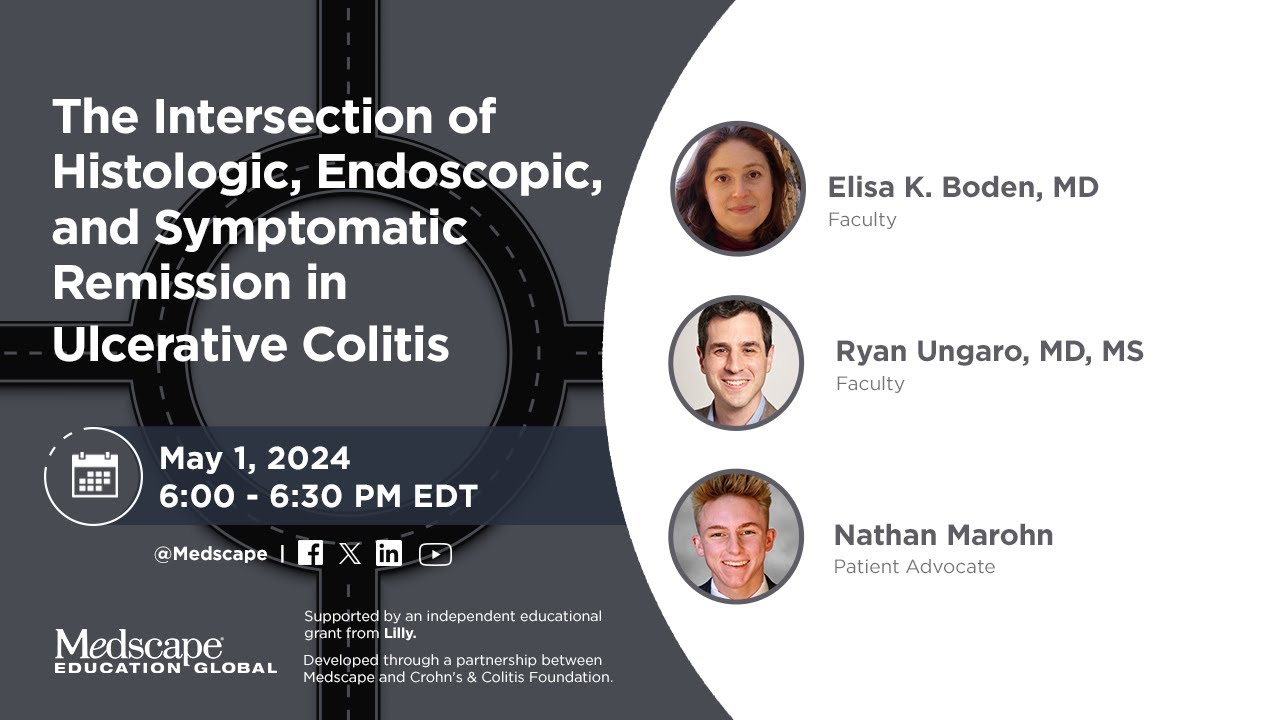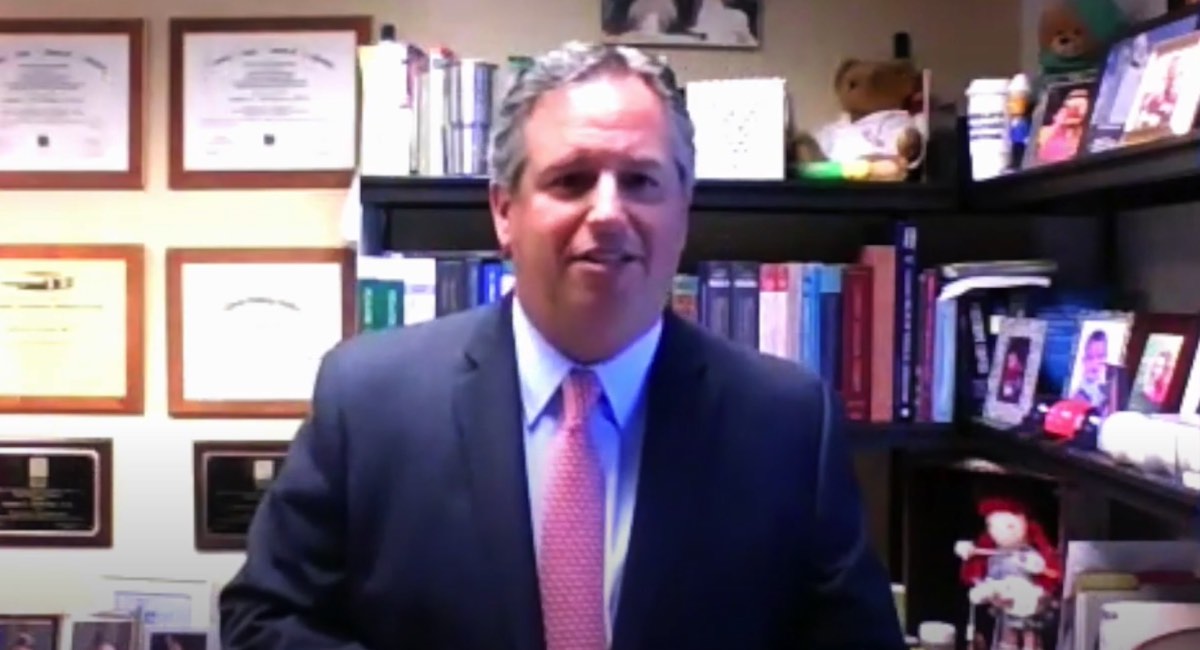The Gastroenterology Channel
April 10, 2012 • Gastroenterology, Hospitalist, Infectious Diseases, Internal Medicine, Reuters Health • The Doctor's Channel Newscast
NEW YORK (Reuters Health) – Instillation of donor fecal material in the colon of patients with recurrent Clostridium difficile infection leads to rapid resolution of the condition in more than 90% of cases, investigators report in the American Journal of Gastroenterology online March 29.
“Evidence continues to mount showing that FMT (fecal microbiota transplant) is a safe and effective treatment modality that enables rapid and sustained cure for patients who have experienced two or more prior episodes of CDI,” conclude Dr. Lawrence J. Brandt, at Montefiore Medical Center, Bronx, New York and colleagues.
Antibiotic exposure can alter the balance of commensal colonic bacteria, which may predispose to the development C difficile infection (CDI), they note. “Re-establishment of the wide diversity of intestinal flora via the infusion of donor feces into the colon is the proposed mechanism by which FMT corrects this imbalance and enables normal bowel function in patients with CDI,” they explain.
This strategy with differing methods of administration has been tested in several previous studies (e.g., see Reuters Health report of January 26, 2012, “Fecal transplant by enema works for stubborn C. difficile: study”).
For the current study, the team looked at long-term outcomes in 77 patients who were contacted a mean of 17 months after being treated with colonoscopic FMT for recurrent C difficile infection at five disparate centers in the US.
Average symptom duration before the procedure was 11 months, and the patients had had an average of five unsuccessful conventional antimicrobial courses of treatment. Within an average of 5 days after FMT, diarrhea resolved in 82% of patients and improved in 17%, according to the report.
Among the seven patients who did not respond, six were subsequently treated successfully with vancomycin and/or repeat FMT, the authors note.
Late recurrence after at least 90 days developed in eight patients, all during treatment with antibiotics for infections unrelated to C. difficile. There were no late recurrences in patients who did not require antibiotics during follow-up, the authors found.
They acknowledge that transmission of pathogens is a concern with FMT, but note that “there have been no adverse effects or complications directly attributed to FMT to date.”
Dr. Brandt and colleagues say controlled trials are needed to prove the effectiveness of the fecal transplant strategy; but they conclude, “FMT is a rational, durable, safe, and acceptable treatment option for patients with recurrent CDI.”
SOURCE:
Long-Term Follow-Up of Colonoscopic Fecal Microbiota Transplant for Recurrent Clostridium difficile Infection
Am J Gastroenterol 2012.

